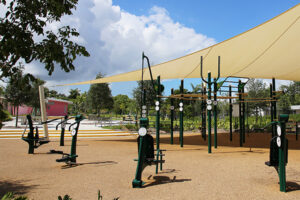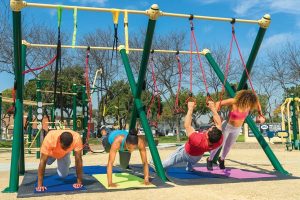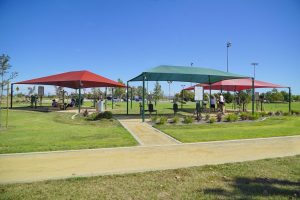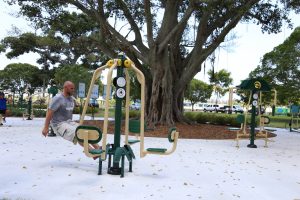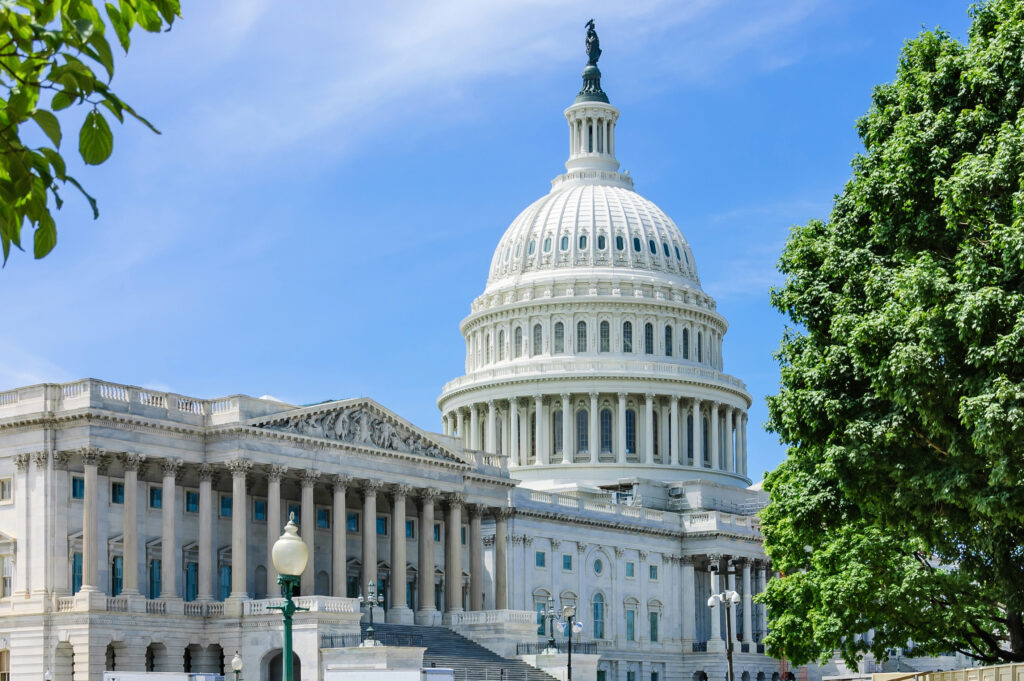
In a significant legislative move aimed at increasing equitable access to outdoor spaces, the U.S. House of Representatives recently passed the Outdoors for All Act. This pivotal bill, designed to bolster development and improvement of parks, particularly in underserved communities, now goes to the Senate.
The legislation, reintroduced by Senators Alex Padilla (D-Calif.) and Susan Collins (R-Maine), seeks to codify the Outdoor Recreation Legacy Partnership (ORLP) program into federal law. This program is essential for funding new parks and upgrading existing ones in urban areas lacking sufficient green spaces.
Part of the Bigger Picture for Underserved Communities
The bill won support and was added as an amendment to the larger Protecting America’s Wilderness and Public Lands Act. Led by Representatives Nanette Diaz Barragán (D-Calif.) and Mike Turner (R-Ohio), the amendment targets park space inequities affecting low-income communities.
Established in 2014, the ORLP program, managed by the National Park Service, funds communities in need to boost outdoor access. This program’s continuation and expansion are crucial as cities continue to grow and grapple with the impacts of climate change.
A Promise Brings Hope
Because the Outdoors for All Act aims to improve urban life by providing green spaces, the results may boost jobs and enhancing environmental resilience. These parks are crucial community hubs for recreation, relaxation, and urban cooling, while also improving air quality and promoting biodiversity.
The legislation has great support, so the revitalization of urban landscapes will likely enhance the wellbeing of millions.
Outdoors for All Act Now Heads to Senate
As the bill heads to the Senate, proponents urge quick passage to benefit from the increased investment in local parks. The passage through the House marks a hopeful step towards making the outdoors accessible for all, regardless of socioeconomic status or zip code.
This legislative effort reflects a growing recognition of the importance of equitable access to nature because of a holistic approach to community health and environmental justice. The bill holds momentum as it goes to the Senate, and, as a result, advocates remain optimistic about its prospects for becoming law, paving the way for more inclusive and green urban environments.

